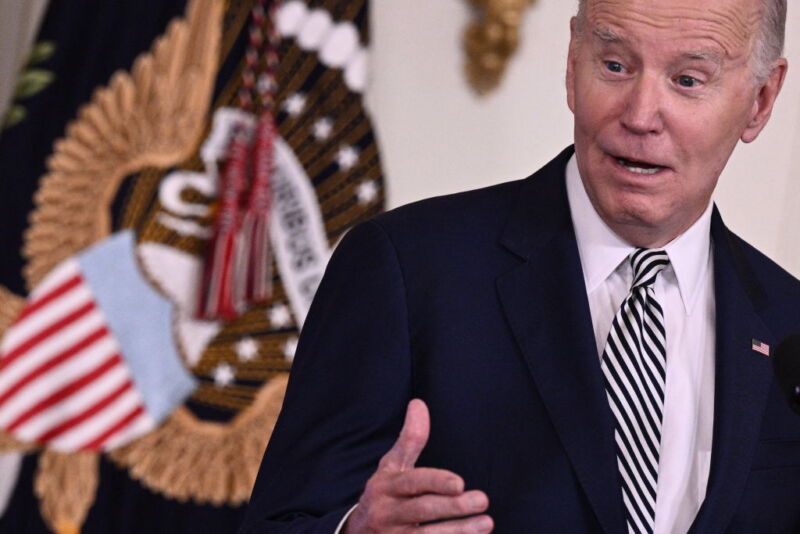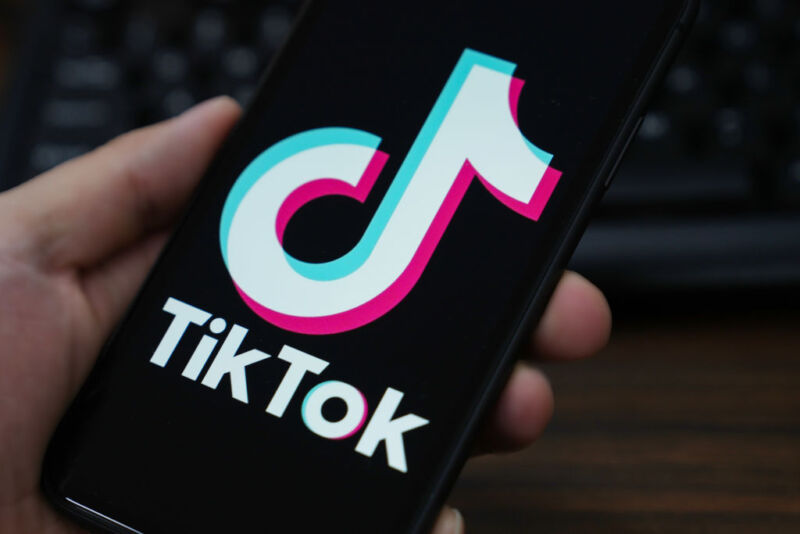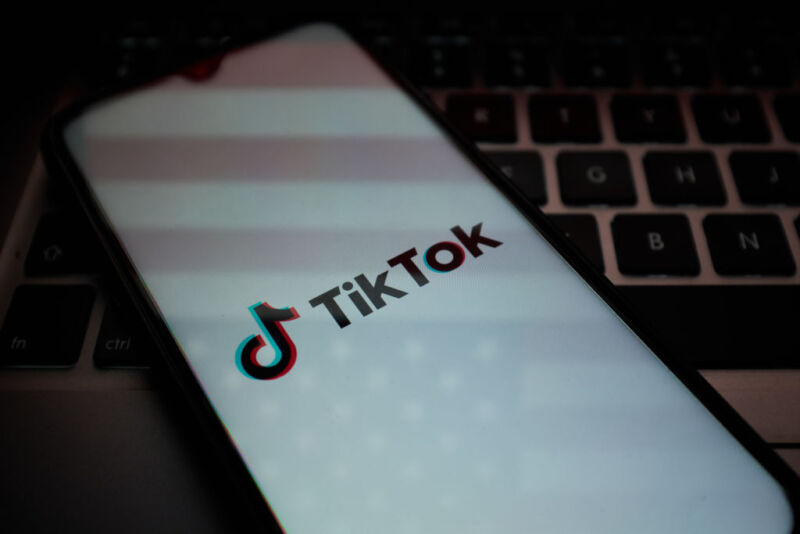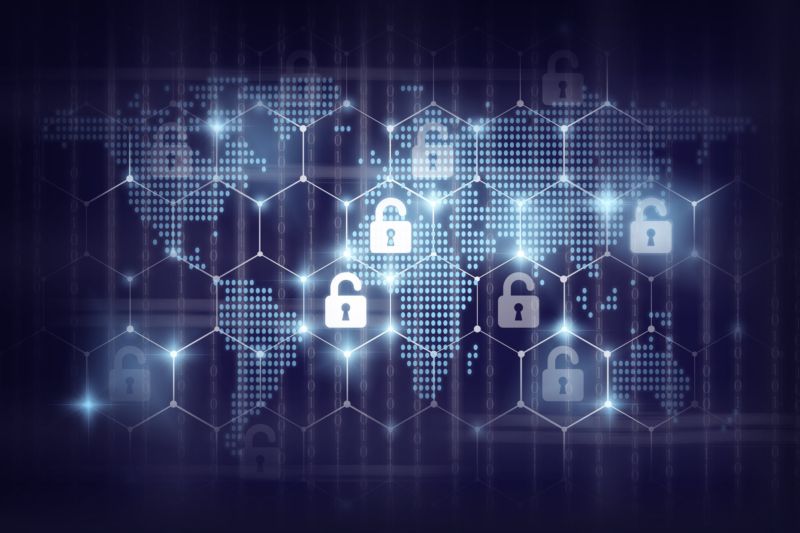
Enlarge
(credit:
BO AMSTRUP / Contributor | AFP
)
United States lawmakers seem to be exploring every possible path to potentially ban TikTok nationwide. The latest push comes today from Sen. Mark Warner (D-Va.), who this afternoon will lead a dozen senators in introducing a bipartisan bill that would grant US Commerce Secretary Gina Raimondo the power to ban TikTok on personal devices to protect national security,
Reuters reported
.
The bill is called the "Restricting the Emergence of Security Threats that Risk Information and Communications Technology (RESTRICT) Act." Unlike the “Deterring America’s Technological Adversaries (DATA) Act”—which Republicans
who view President Joe Biden’s stance on China as weak
have been jamming through Congress to quickly empower Biden to ban TikTok—Warner’s bill doesn’t single out TikTok to be banned. Critics have said singling out TikTok risks damaging US global alliances and driving more countries into China’s influence sphere,
CNBC reported
. Instead, Warner avoids making his bill all about TikTok. His office
told Reuters
that the RESTRICT Act will "comprehensively address the ongoing threat posed by technology from foreign adversaries,” citing TikTok as an example of tech that could be assessed as a threat.
According to Warner, who is introducing the bill with Sen. John Thune (R-SD), the RESTRICT Act is superior to the DATA Act because it provides a legal framework for the US to review all “foreign technology coming into America,” not just from China, but also from Russia, North Korea, Iran, Venezuela, and Cuba. It’s designed to give the US “a systemic approach to make sure we can ban or prohibit” emerging technology threats “when necessary.”
chevron_right






